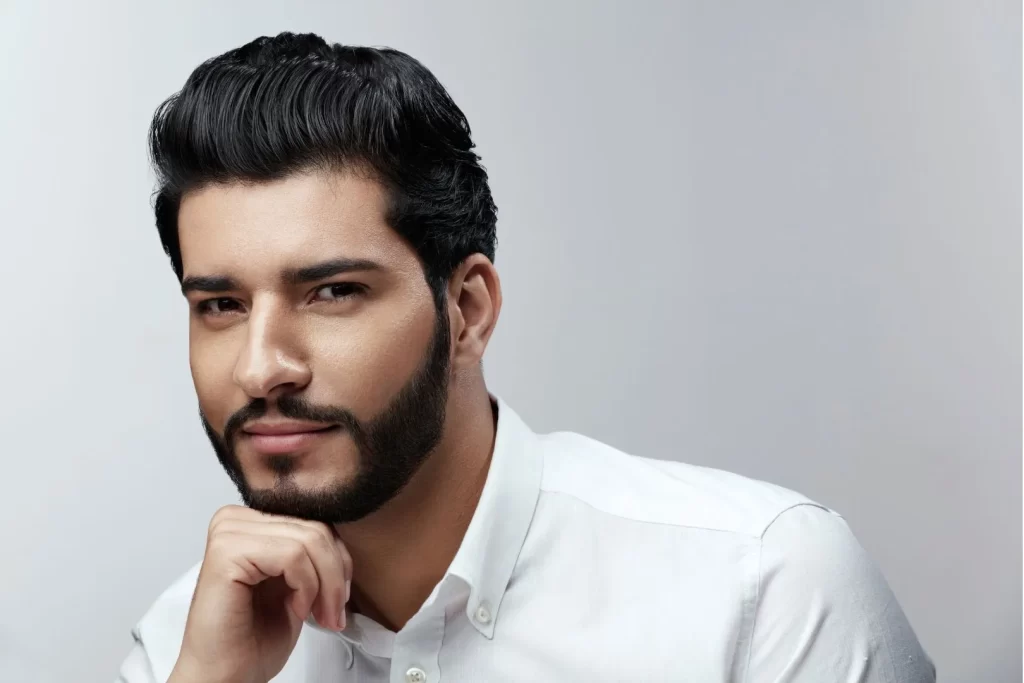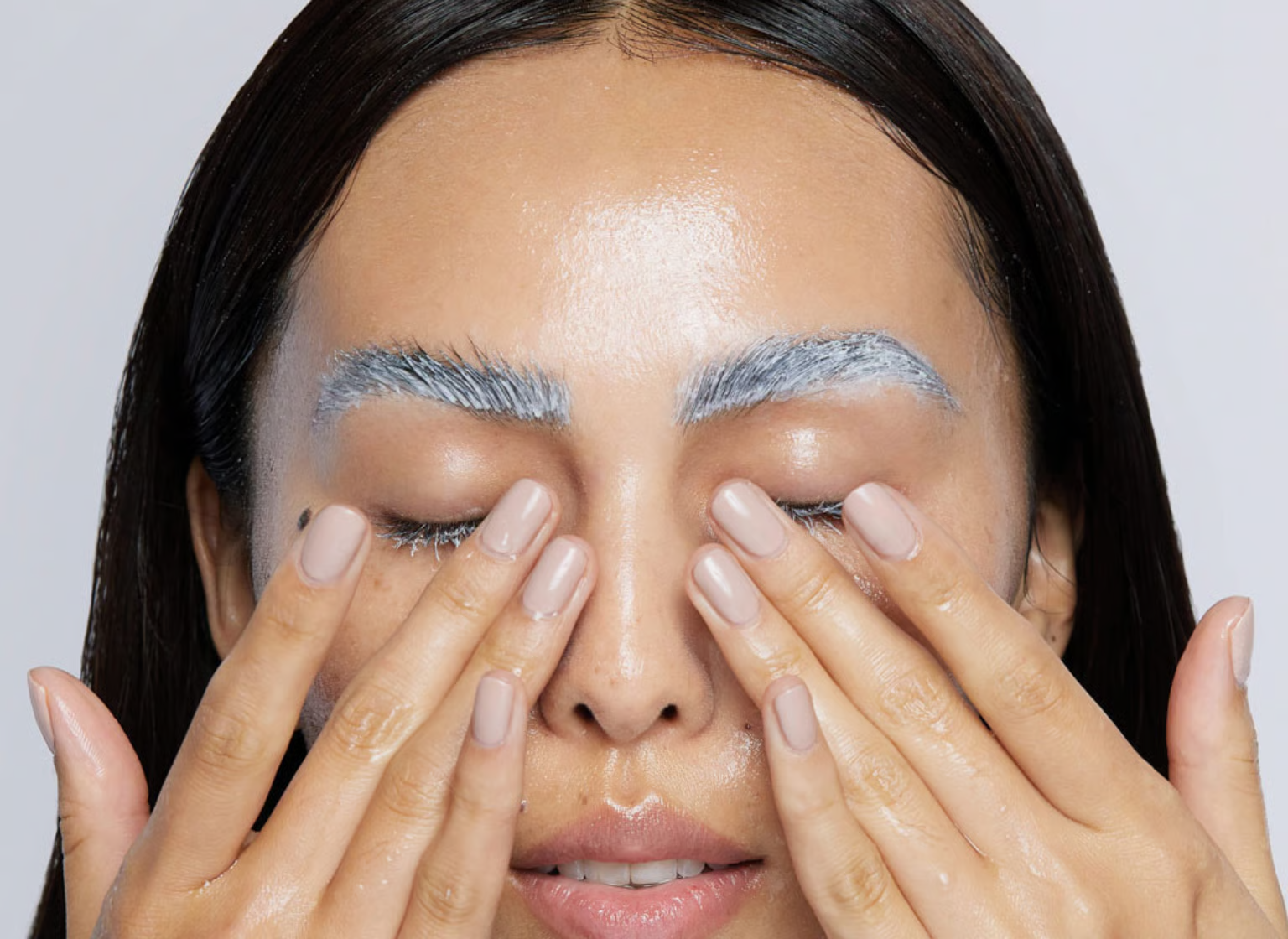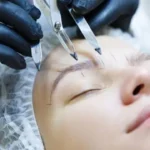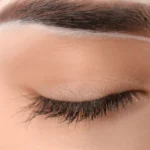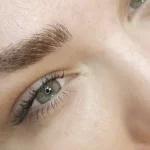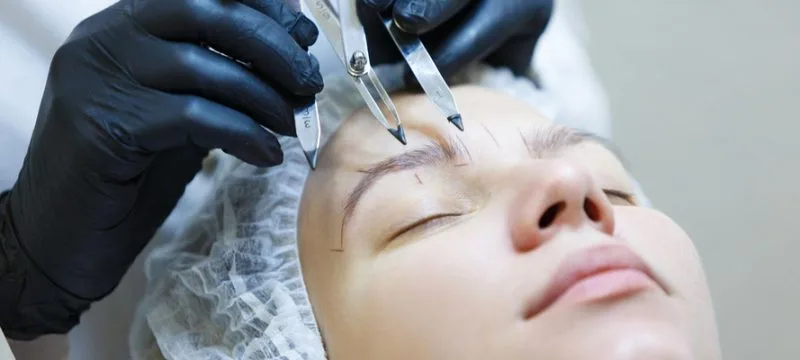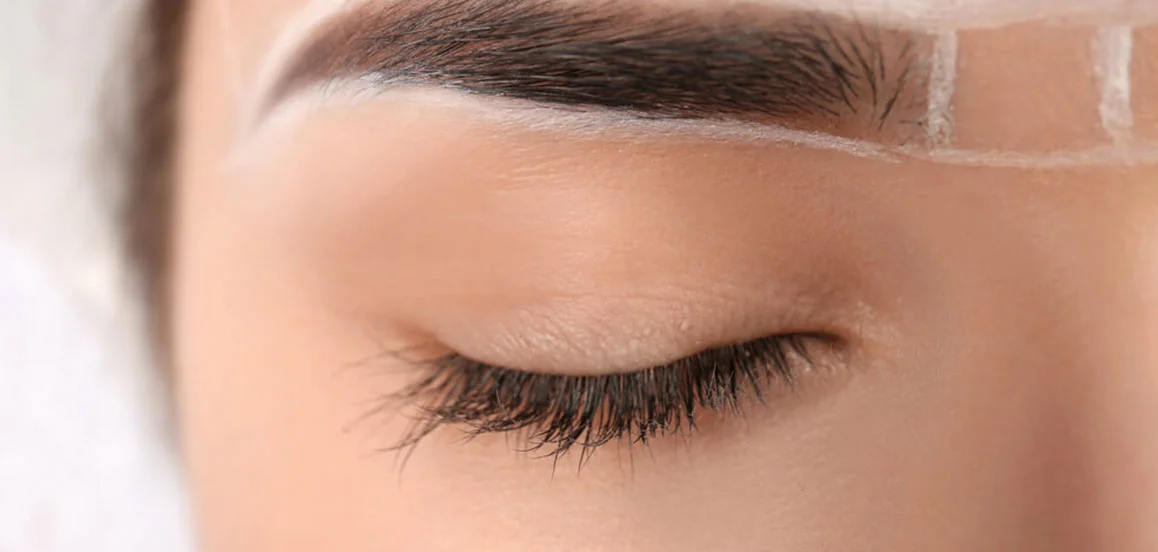Table of Contents
ToggleGrowing a thick beard can be challenging. If you’re experiencing slow or patchy beard growth, you might have wondered: “Does Finasteride affect beard growth?” or “Does Finasteride help with beard growth?”. While Finasteride is widely used as a hair loss treatment for the scalp, its effects on DHT facial hair are less promising.
At Kopelman Hair, we specialize in solutions tailored to your hair growth goals, from medications to advanced beard transplant procedures in NYC. Let’s explore how Finasteride works, why DHT matters, and proven alternatives to help you grow a beard confidently.
Understanding Beard Growth and DHT
What Is DHT and Why Is It Important?
Dihydrotestosterone (DHT) is a hormone derived from testosterone through an enzyme called 5-alpha reductase. It plays a critical role in masculine traits, including facial hair growth and body hair development.
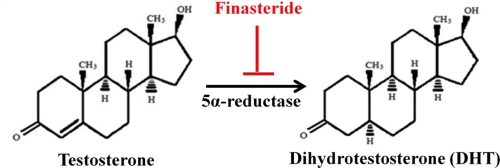
Think of DHT as the fuel that drives beard growth. Higher DHT levels generally mean fuller, faster-growing facial hair. However, while DHT boosts beards, it also contributes to male pattern hair loss on the scalp, creating a trade-off.
How Does DHT Influence Facial Hair Growth?
DHT facial hair growth occurs when the hormone binds to receptors in your hair follicles, signaling them to produce thick, dark facial hair. Men with naturally low DHT levels often struggle to grow a beard.
This is where Finasteride comes in—it blocks DHT to save scalp hair but hinders the same process for beards. So, while it’s great for your scalp, it can work against your facial hair.
Finasteride’s Impact on Beard Growth
Does Finasteride Help Beard Growth?
No, Finasteride is not designed for beard growth; it is used to treat androgenetic alopecia by reducing DHT levels. Many users ask, “Does Finasteride prevent beard growth?” and the answer is often yes, as it suppresses the DHT needed for facial hair development.
If you’re researching the Finasteride effect on facial hair growth, you’ll find that it’s more likely to reduce growth than enhance it. But because your beard relies on DHT, Finasteride can slow facial hair growth instead.
How Does Finasteride Work?
Finasteride blocks the enzyme 5-alpha reductase, preventing testosterone from converting into DHT. This reduction in DHT effectively slows scalp hair loss, but it also deprives your beard of the hormone it needs to grow.
Does Finasteride Affect Beard Growth in Women?
Women experiencing hormonal imbalances, such as excess androgens, may notice increased facial hair growth, often around the chin, upper lip, or jawline. This condition, known as hirsutism, is commonly associated with hormonal disorders like polycystic ovary syndrome (PCOS).
Oral Finasteride works by reducing DHT levels, which may theoretically decrease unwanted facial hair growth in women. However, its effectiveness is inconsistent, as facial hair growth in women often stems from a combination of hormonal imbalances and genetic factors.
Finasteride is not approved by the FDA for women. It is only allowed in certain cases, like post-menopausal hair loss.
Important Considerations for Women
- Safety Concerns: Finasteride is not recommended for pregnant or breastfeeding women due to the risk of birth defects, especially in male fetuses.
- Varied Results: Women may experience mixed outcomes when using Finasteride to target facial hair, as the drug primarily impacts scalp hair loss rather than hormonal imbalances.
- Alternative Treatments: For women concerned about unwanted facial hair, treatments like laser hair removal, topical creams, or anti-androgen medications such as spironolactone may offer safer and more effective results.
Because of these factors, women must approach Finasteride with caution and only under the supervision of a qualified medical professional who can evaluate its risks and benefits.
Alternatives to Finasteride for Beard Growth
If you’re hoping for Finasteride beard growth, science doesn’t support it. In fact, if you’ve asked yourself, “Does Finasteride stop beard growth?” the answer is likely yes, especially for men with naturally lower DHT. Instead, other options may work better.
Is Minoxidil Better Than Finasteride for Beards?
Yes. Minoxidil is far more effective for beard growth than Finasteride. Unlike Finasteride, Minoxidil doesn’t affect DHT—it works by improving blood flow to dormant hair follicles, stimulating new growth. Though an off-label use, many men have seen noticeable results.
If you’re seeking Finasteride beard growth evidence, most medical findings and anecdotal reports indicate a lack of benefit. On the contrary, Minoxidil continues to show stronger support.
Best Alternatives to Boost Beard Growth
If Finasteride isn’t helping, here’s what works:
- Minoxidil: Proven to stimulate beard hair follicles.
- Beard Growth Tablets: Supplements like biotin, zinc, and vitamin D support healthy facial hair.
- Lifestyle Fixes: Sleep, diet, and exercise naturally boost DHT levels and promote beard growth.
How to Naturally Increase DHT for Beard Growth
Wondering how to increase DHT for beard growth? Boosting your DHT levels naturally can support facial hair development. Try these strategies:
Easy Lifestyle Changes That Work
Boosting your DHT levels naturally can improve facial hair development. Try these strategies:
- Eat Zinc-Rich Foods: Eggs, nuts, and shellfish help increase testosterone and DHT.
- Strength Training: Resistance workouts naturally elevate hormone levels.
- Prioritize Sleep: DHT production peaks during deep sleep—aim for 7-9 hours each night.
Can Supplements Support Beard Growth?
Yes. While supplements can’t replace DHT, they optimize your facial hair growth environment:
- Biotin: Enhances hair thickness and strength.
- Omega-3 Fatty Acids: Nourishes the skin and hair follicles.
- Vitamin D: Promotes hormonal balance for overall hair health.
FAQs About Finasteride and Beard Growth
Does Finasteride Permanently Reduce Beard Growth?
No. The effects of Finasteride are temporary. Once you stop using it, DHT levels return to normal, and facial hair growth resumes.
Can Finasteride Regrow Hairlines But Not Beards?
Exactly. Finasteride helps treat male pattern hair loss on the scalp but does not support beard growth. This is because it reduces DHT, which is essential for facial hair.
What Are the Side Effects of Finasteride?
While there’s no large-scale Finasteride effect on facial hair beard growth study available yet, anecdotal evidence and hormonal biology both suggest Finasteride reduces facial hair in many men. Common side effects of Finasteride include:
- Reduced libido and hormonal imbalances
- Mood changes and fatigue
- Potential effects on body hair growth
If you experience side effects, consult your doctor immediately.
Finasteride Isn’t for Beards, But There’s Hope
So, does Finasteride affect beard growth? Yes—but not in the way you’d hope. Finasteride works by lowering DHT levels, which may slow or stall your ability to grow a beard.
Thankfully, there are better alternatives. Minoxidil, lifestyle adjustments, and targeted supplements can stimulate your facial hair naturally. Some patients dealing with facial hair gaps in other areas, such as the brows, explore surgical options like an eyebrow transplant in NYC when medications aren’t effective.
For those looking for professional guidance, Dr. Kopelman at Kopelman Hair offers tailored hair loss treatment solutions, including hair transplant options. With over 35 years of combined expertise, their team can help you achieve the thick beard and confidence you deserve. Schedule a consultation today.
Growing your ideal beard takes time, strategy, and proven methods—but with persistence, success is within reach.


